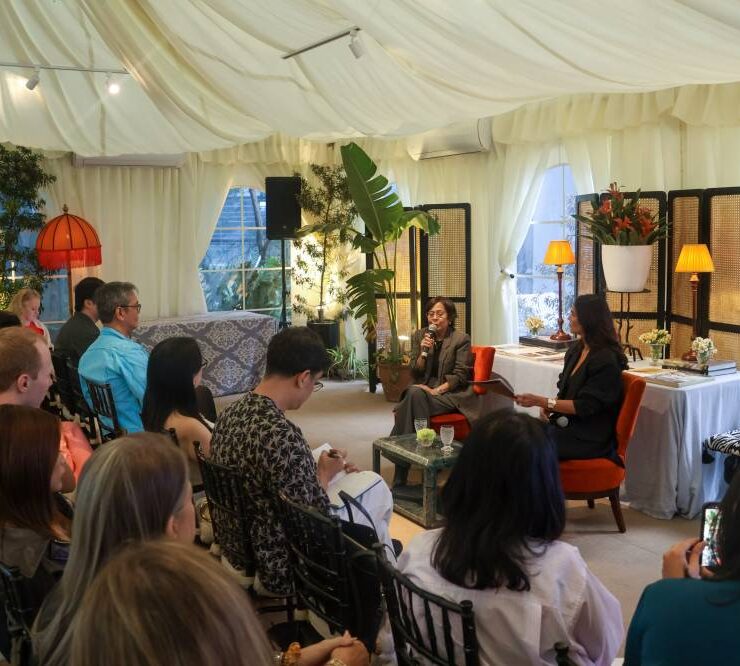The globalization of Korean food

South Korean culture is upon us. Hitting us as hard as the current heat wave is the cultural phenomenon called hallyu, where everything Korean—from music and TV dramas to fashion and food—has crept into our cultural consciousness and gained significant popularity not just in the country, but also in the rest of the world.
There are several key factors that are making the global invasion of bulgogi and kimchi (aka hansik) possible. Apart from government support, programs, and policies, their food has played roles in TV shows that are just as important as the celebrities themselves.
Take miyeokguk, for example. It’s a nourishing seaweed soup that’s often served to mothers who just gave birth as postpartum care or as breakfast for someone celebrating their birthday. In the show “Nevertheless,” the supporting lead Yang Do-hyeok prepares this vitamin-rich dish for his childhood crush, while in “Hometown Cha Cha Cha,” the character Yoon Hye-jin cooks it for Chief Hong Du-sik’s special day despite having no kitchen skills.
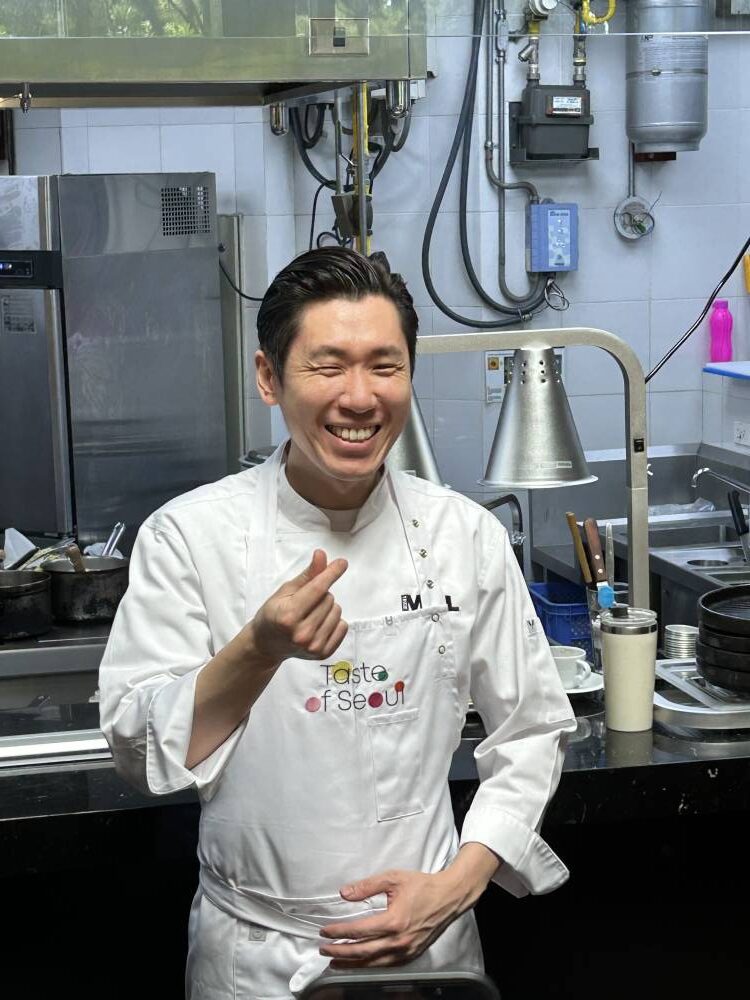
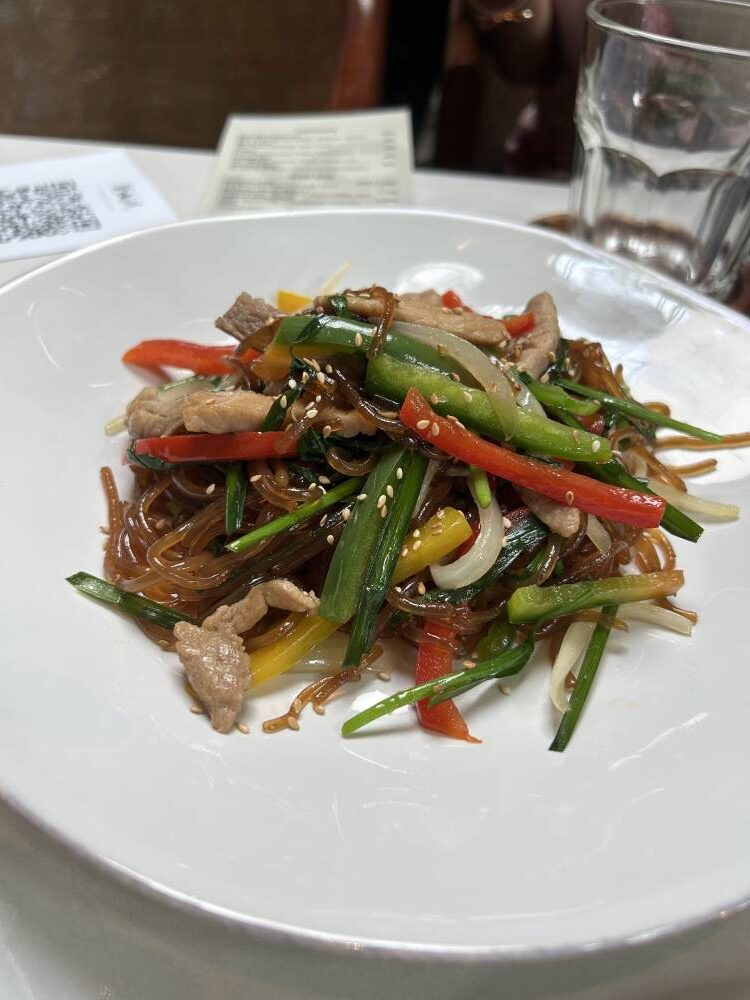
Food ambassadors
Not only do the TV programs raise awareness about particular items in their cuisine and help build their country’s identity, they also present them in a manner that makes viewers’ mouths water.
Another great example of how media has played a pivotal part in hansik is Netflix’s “Culinary Class Wars.” It’s a South Korean cooking competition that not only provides good entertainment but also showcases the diverse talent of its chefs while highlighting the rich traditions of their cuisine. It is such a clever show, as featured cooks—both young and old, amateurs and veterans in the field with varying backgrounds, experiences, and styles—are allowed to play in the sandbox, benefiting their culinary culture as it pushes traditional boundaries and explores delicious possibilities.
And now, people are witnessing (and benefiting from) its effects, with the contestants getting much acclaim and becoming food ambassadors to the world, continuing what they have started in the show, which is promoting Korean food.
Running for two months at the Balmori Suites is Your Local’s third run at The PowerPlant Mall’s space called “Mat Nam” (aka Where the Flavor Meets), a chef collaboration between Patrick Go and four contestants from “Culinary Class Wars.” Each guest chef will personally visit the pop-up for two days and have four signature dishes featured on the menu along with Go’s own set of items. The exclusive menu per chef will be available for approximately two weeks.
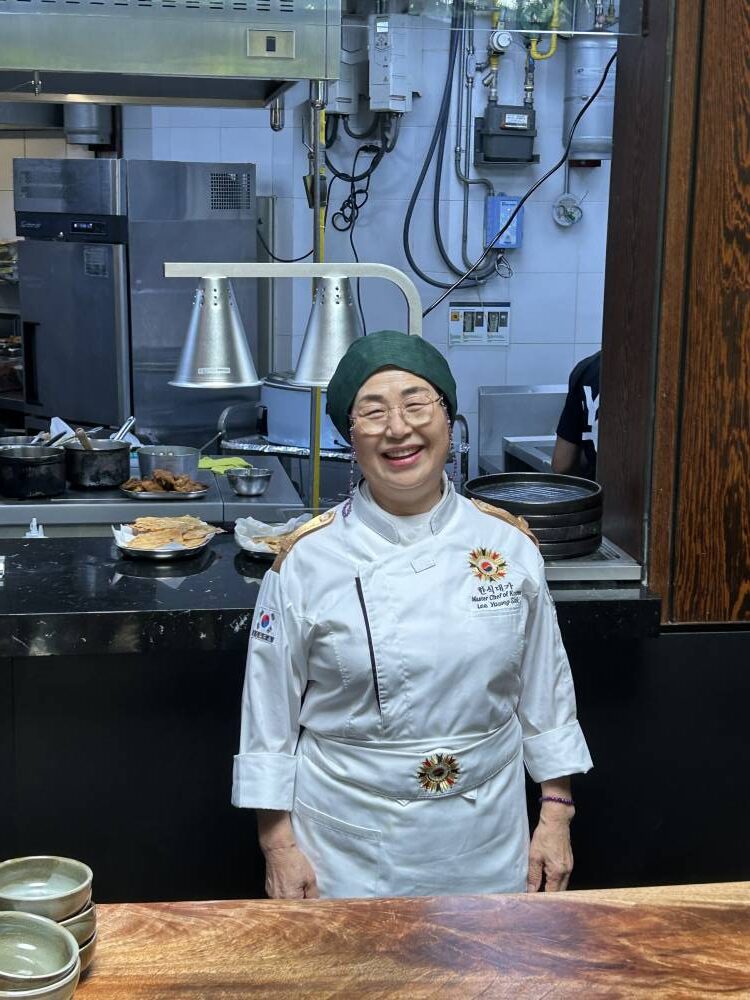
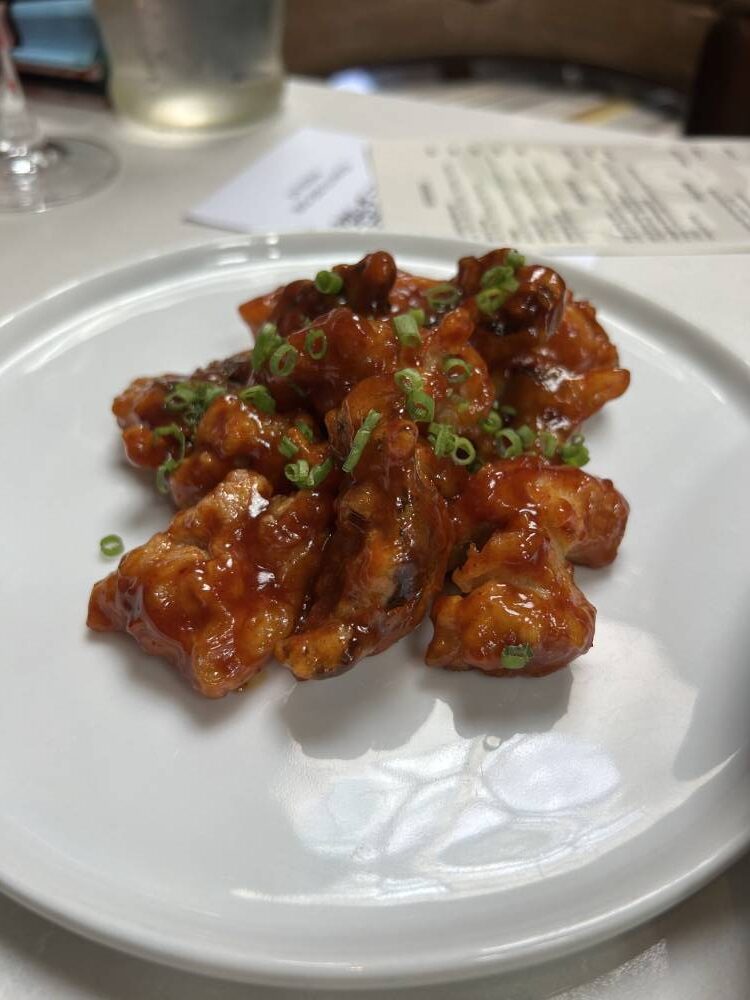
As owner of beloved restaurant Nakyung and winner of “Korean Food Battle Season 2,” Lee Young-sook’s cooking is rooted in heritage, offering deeply authentic flavors passed down through generations, as well as regional Korean cuisine. She appeared as a “white spoon” chef on “Culinary Class Wars.”
From April 6 to April 23, she, along with Choi Ji-hyung, the visionary behind Leebukbang, a Michelin Guide-recognized restaurant which is the world’s first to serve a North Korean menu, took over the suites to introduce their own fare.
Lee plated a classic japchae, a banquet noodle dish made with five colors of vegetables, mushrooms, and pork loin, as well as a mushroom chicken gangjeong, crispy fried chicken, and mushrooms tossed in a sweet and spicy glaze. Choi had a similar version called gochujang sauce chicken, a modern dakgalbi with a flavorful curry. To go with this, he also cooked maekjeokgui, based on a 1,000-year-old recipe featuring grilled pork marinated in soybean paste.
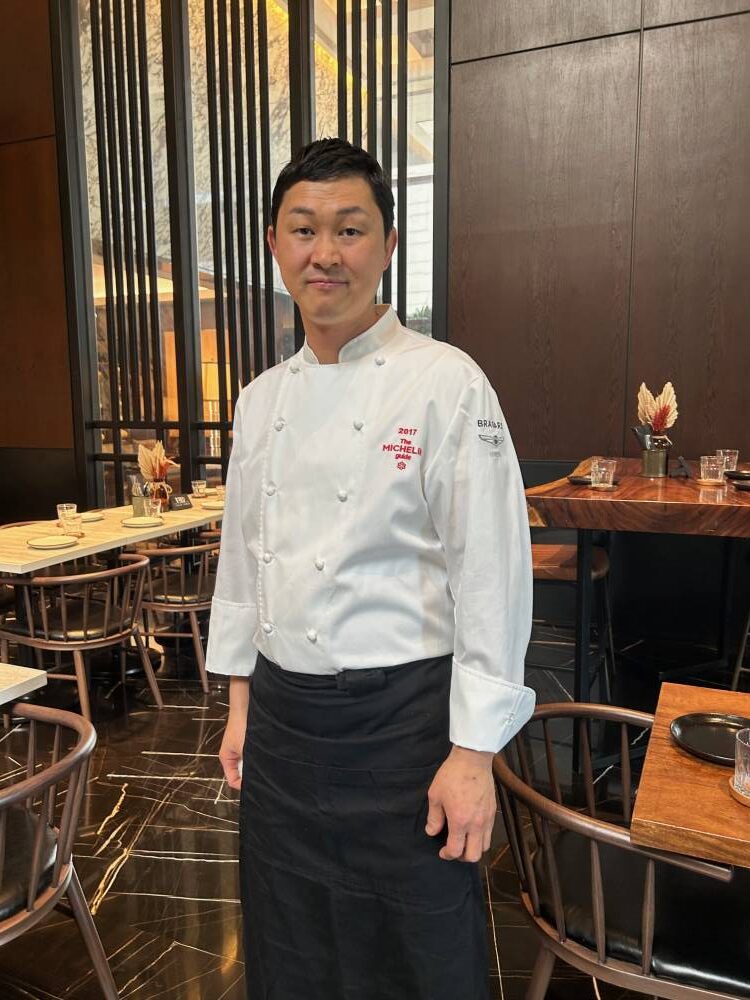
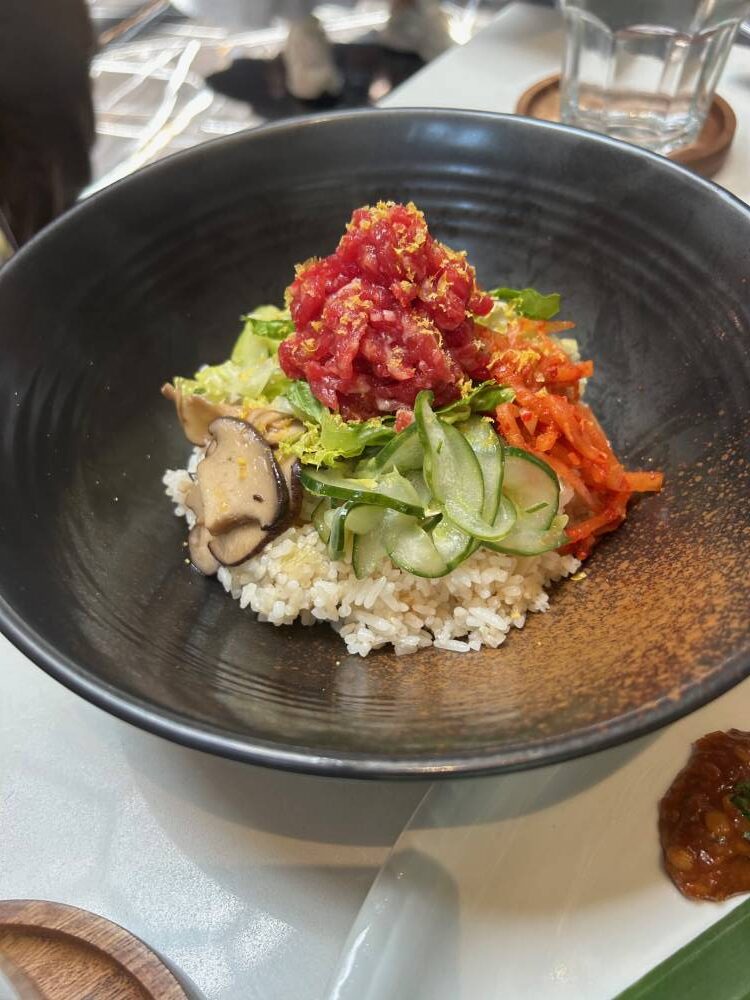
Michelin star chef
Chef Bang Ki-su is the one currently in temporary residence. His run will last until May 14. The owner of Gitdeun, known for his mastery of the barbecue grill, is the first Korean head chef in the country to earn a Michelin Star. His menu includes a shrimp and corn gangjeong, deep fried shrimp balls with sweet corn; a refined yukhoe bibimbap where seasoned beef tartare is layered on warm rice with crisp vegetables; grilled pork belly with saeujeot, a pungent fermented shrimp sauce; and beef sirloin and grilled mushroom bulgogi seasoned with his signature soy blend.
Last on the guest list is Byung Mook-kim, who is known as the Yakitori King. He is the owner-chef of Yakitori Mook, a Michelin Guide-rated restaurant, and his style blends Japanese yakitori with Korean culinary heritage. He will take over the kitchen reins from May 17 to June 1.
It’s just clever and strategic how the Koreans are playing their cards and spreading their cultural influence to every part of the globe. Then again, it’s not like their food, among many others, is hard to like.
Catch Mat Nam by Your Local at The Balmori Suites Chef’s Table from April 6 to June 1, 2025. For reservations, call tel. no. 0945-4270054.
Follow the author at @fooddudeph on Instagram.
Angelo Comsti writes the Inquirer Lifestyle column Tall Order. He was editor of F&B Report magazine.

















